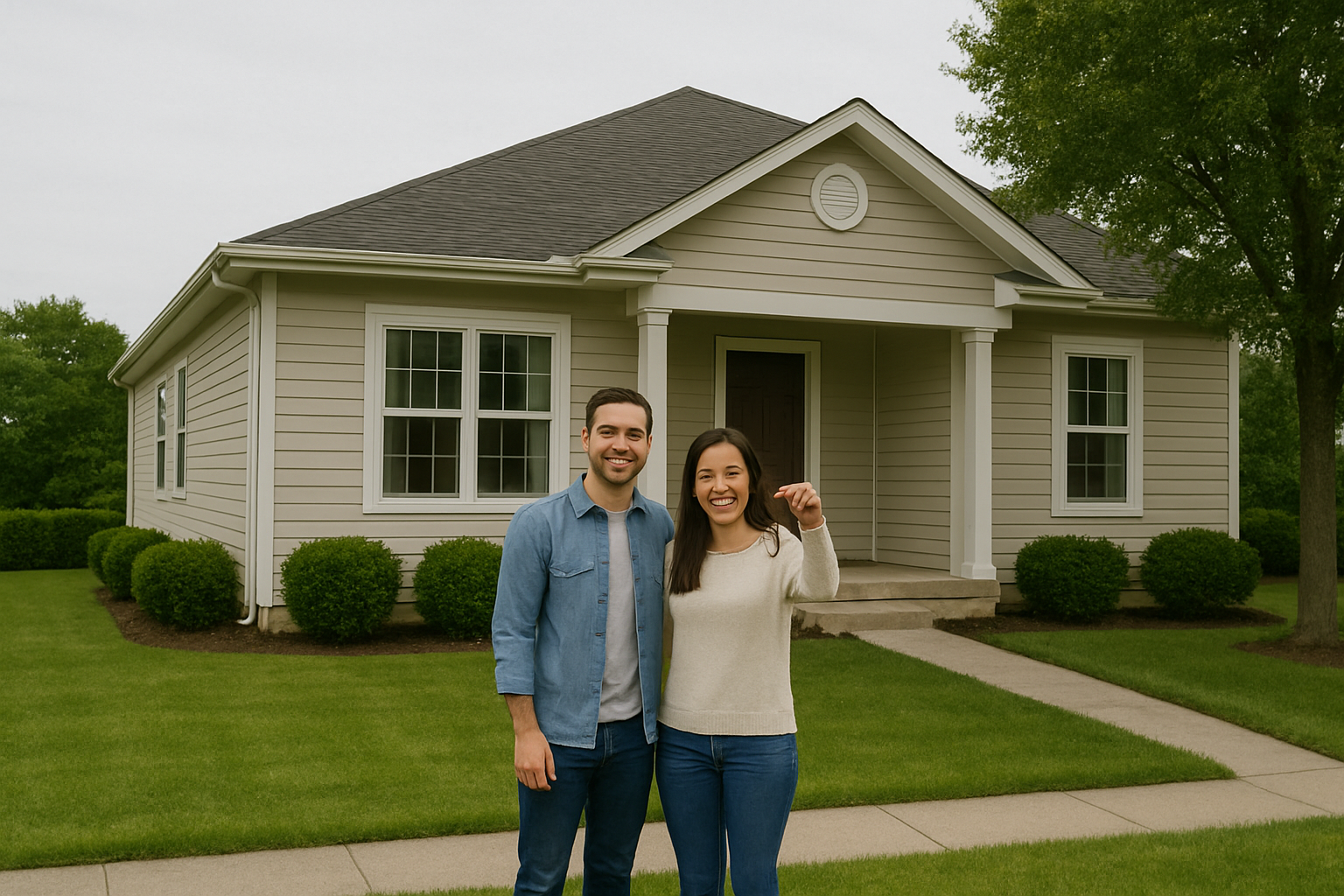If you’re renting right now, you might’ve wondered — even just in passing — whether buying a home is in the cards someday. For many renters, the idea of owning a home can feel out of reach. Maybe it seems too expensive, too complicated, or just something for “later.”
But here’s the good news: owning a home may be closer than you think.
Whether you’re actively thinking about it or just curious, here are a few key things every renter should know before taking the first step toward homeownership.
1. You Don’t Need 20% Down
One of the most common myths in real estate is that you need a 20% down payment to buy a home. That’s simply not true.
There are many loan programs designed for first-time buyers that require as little as 3% down — and in some cases, even less. These include FHA loans, VA loans for veterans, USDA loans in certain areas, and conventional loans with first-time buyer perks.
There are also local and state down payment assistance programs that can help cover part of the cost. The key is knowing what you qualify for and what options are available in your area.
2. Credit Doesn’t Have to Be Perfect
Another myth: you need a flawless credit score to qualify for a mortgage.
In reality, many first-time homebuyers are approved with scores in the 600s. Some FHA loans accept scores as low as 580. Of course, the better your credit, the better your loan terms — but don’t assume your score disqualifies you before speaking to a lender.
In fact, many lenders will walk you through what’s possible now, and what steps you can take if you’re not quite ready yet.
3. You Can Get Pre-Approved Without Committing
Pre-approval is often misunderstood. It’s not a contract, and it doesn’t lock you into anything.
Getting pre-approved simply gives you a realistic idea of what you could qualify for. It looks at your income, debt, credit, and other factors, and offers a ballpark number of how much home you can afford.
Even if you’re not ready to buy tomorrow, pre-approval helps you plan with clarity.
4. You’ll Want a Plan for Upfront Costs
While down payment assistance is often available, it’s still helpful to prepare for some upfront costs — things like home inspections, appraisals, closing costs, and moving expenses.
Many first-time buyers create a simple savings plan over a few months while they get ready. Even setting aside a little each month can make a big difference when the time comes.
5. You Don’t Have to Do It Alone
Buying your first home isn’t something you’re expected to figure out solo.
Kim works closely with a mortgage specialist who focuses specifically on first-time buyers — including renters who don’t know where to start. Together, they can help you understand what’s possible, what to expect, and how to take the next step when the time is right.
You don’t need to have it all figured out. You just need a good guide.
Want to See If You’re on Track?
If you’re even thinking about buying a home someday — whether that’s in a few months or a few years — now is a great time to get informed.
Ask about Kim’s First-Time Buyer Checklist or get connected with a lender who can help you run the numbers, judgment-free.
It’s free, easy, and could help you take the next step toward something better than renting.


